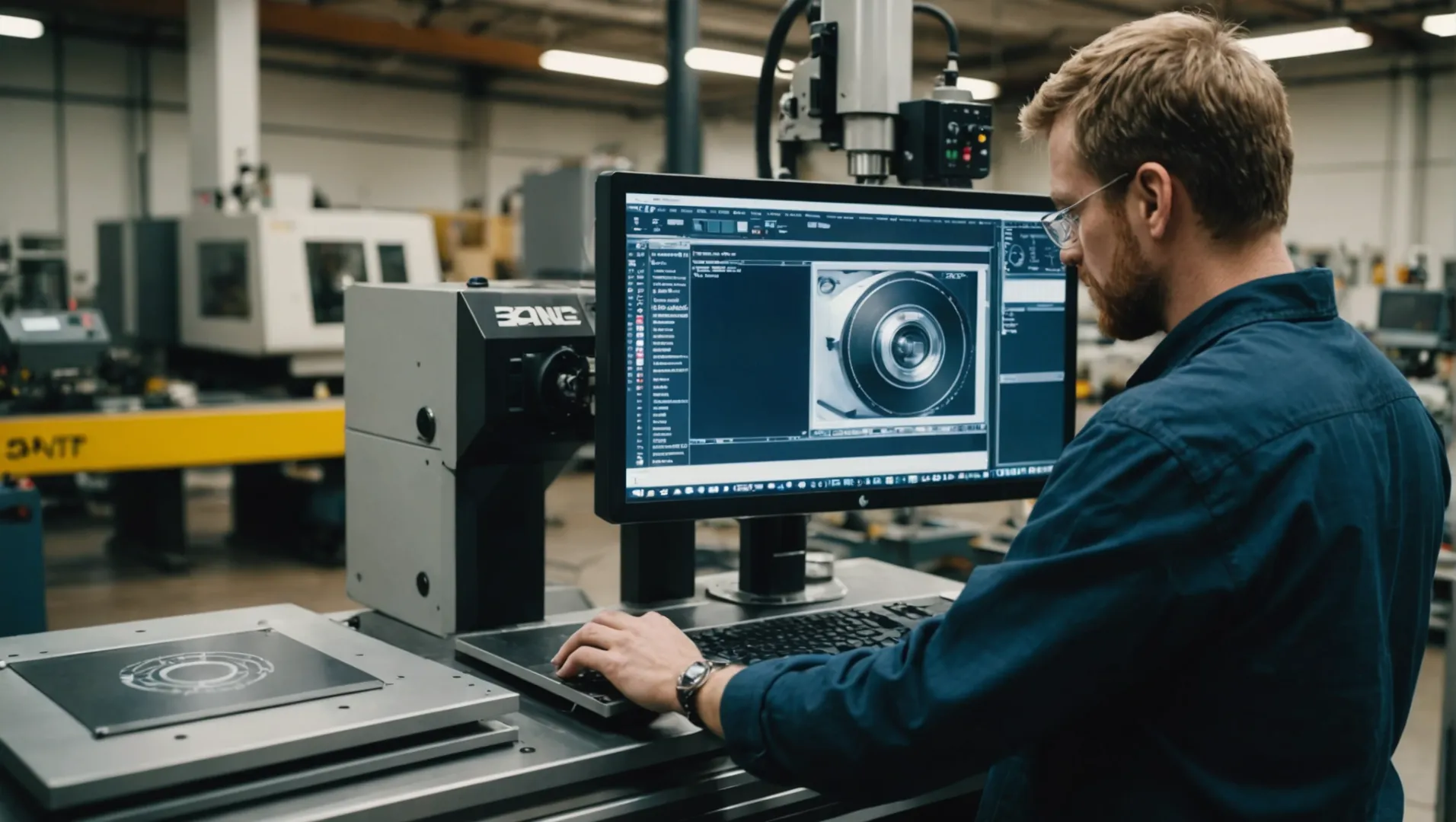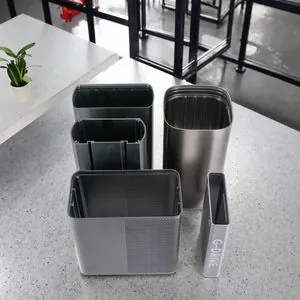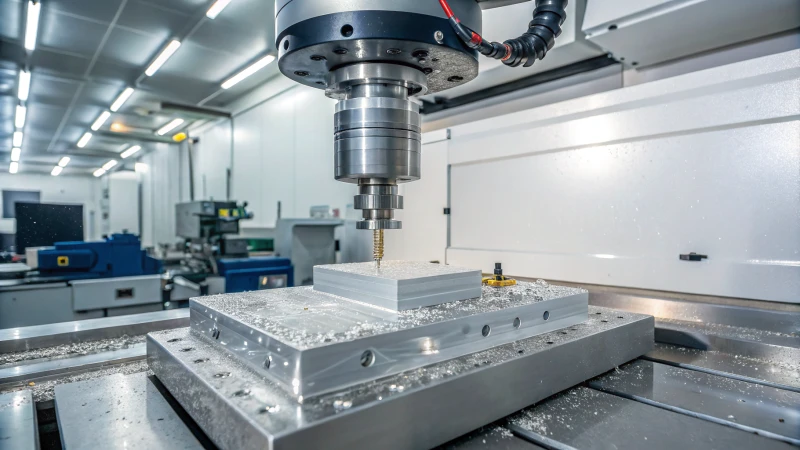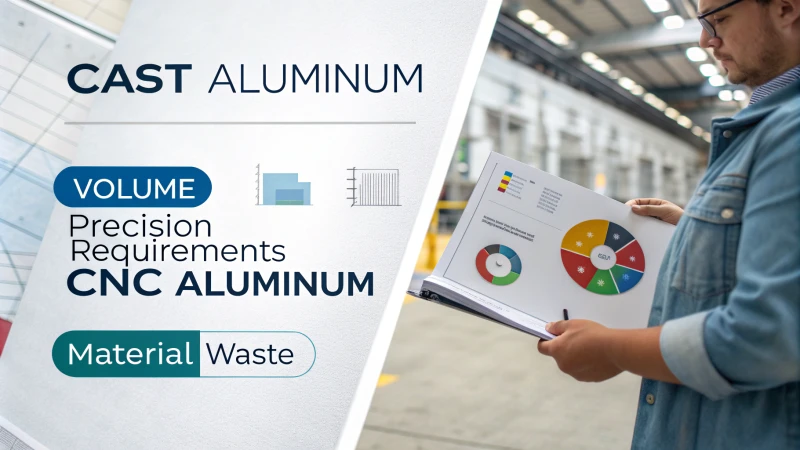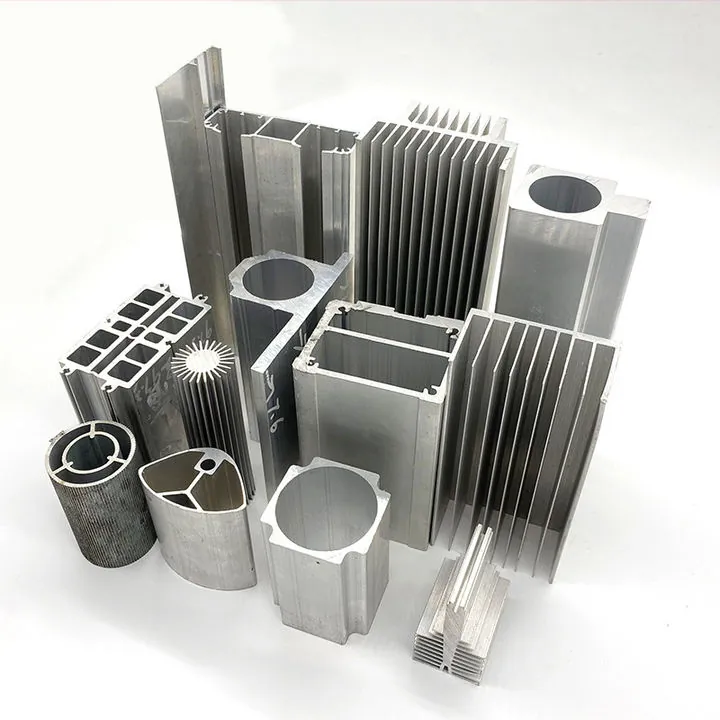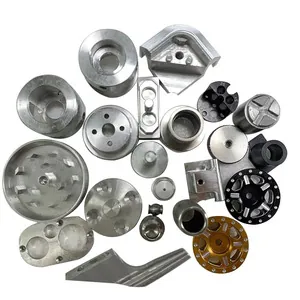CNC Machining Brunei: Manufacturers & Industry Guide
Partie 1 : Taille et croissance du marché
Brunei is a small but oil-rich nation on Borneo’s northern coast, historically dependent on petroleum and gas revenues. In recent years, there has been growing interest in diversifying the economy, particularly through developing niche manufacturing and precision engineering sectors. CNC machining offers a pathway to bring higher value-added capabilities to Brunei’s industrial ecosystem.
Globally, CNC machining continues to expand, driven by demand in aerospace, medical, electronics, and components industries. Brunei, though small in scale, can tap into regional supply chains (e.g. with Malaysia, Singapore, Indonesia) by offering specialty parts, prototyping, or finishing services closer to clients. The Brunei CNC metal cutting machine market is expected to show growth over 2025-2031, indicating increasing demand and investment interest.
Locally, CNC work is still limited. Many workshops remain in conventional machining and fabrication. However, some firms are beginning to adopt 3-, 4-, and 5-axis milling and turning, providing parts for industrial maintenance, instrumentation, or local mechanical systems. The constraints include high import costs for machines and tooling, lack of highly trained machinists, and limited local volume to justify advanced equipment investments.
Industrial policy, incentives, and infrastructure will matter. If Brunei supports industrial estates, reduces import duties on precision equipment, and builds vocational training programs, the foundation for a CNC machining industry can grow. Also, proximity to ASEAN markets gives Brunei potential leverage for niche, high-value contracts.
Partie 2 : Entreprises leaders
Below are several companies or service providers in Brunei (or serving Brunei) that illustrate how the CNC or precision machining segment is beginning to take shape.
Prodimode (Brunei, Muara District)
Contact
Prodimode runs CNC machining operations in Brunei Darussalam’s Muara District. They specialize in both prototyping and small-volume precision parts, using modern CNC milling and turning capabilities. The firm advertises its capacity to produce complex parts in metals and plastics with multiple surface finishes.
Their services include 3-, 4-, and 5-axis milling, live-tool turning, and finishing operations. They claim lead times starting from five business days on many parts. They accept work in various alloys and plastic materials, targeting both local and regional clients.
A strength of Prodimode is its attempt to provide local access to complex machining in Brunei. By reducing the need to send parts overseas, they help shorten lead times and minimize logistic risks. But they still face challenges such as limited scale, tooling imports, and market traction.
Besmindo (B) Sdn. Bhd.
Contact
Besmindo Brunei is a firm active in oilfield repairs and machining. They operate semi-automatic lathes and a 14" CNC lathe, handling threading up to OD 13-3/8". They engage in repair and manufacture of drill-stem subs, hard facing, and other petroleum equipment work.
They also maintain grinding, milling, and surface finishing capabilities. Besmindo has acquired API Spec 7-1, Spec 7-2et ISO 9001:2015 certifications, signaling a commitment to quality and regulatory compliance.
Their niche is serving the oil & gas sector, which is central to Brunei’s economy. Their specialization in repair, refurbishing, and machining of heavy components gives them a foothold in precision services tied to energy infrastructure.
CNC Machined Precision Components Brunei
Contact
This is a service listing rather than a large company, but it represents the local demand for precision machining. They advertise milling, turning, and component manufacturing across various metals, for domestic mechanical and industrial uses.
They cater to smaller clients needing custom parts or replacement components where importing full volumes is costly. Their value lies in providing local machining alternatives for parts that otherwise would have to come from abroad.
They face challenges of scale, tooling costs, and consistency, but they represent a growing base of capacity in Brunei’s machining market.
CNC Machining Specialists / Workshops
Contact
Emerging small workshops in Brunei are beginning to invest in CNC equipment-mills, lathes, and hybrid machines. These shops typically offer bespoke machining for machinery, instrumentation parts, and custom mechanical components.
Though many are at early stages, their presence signals increasing awareness and adoption of CNC technologies. Their success depends on securing stable demand, tooling supply chains, and skilled talent.
| Company / Entity | Est. or Active Since | Core Services / Abilities | Key Industries / Clients | Highlights & Strengths |
|---|---|---|---|---|
| Prodimode (Brunei, Muara) | Present / recent | Multi-axis milling, turning, finishing | Industrial parts, design firms | Local advanced machining, faster turnaround |
| Besmindo (B) Sdn. Bhd. | 2007 onward | CNC lathes, repair, milling, surface finishes | Oil & gas, drilling equipment | API & ISO certifications, specialization in energy |
| CNC Machined Precision Components Brunei | Service listing | Milling, turning, component manufacture | Domestic machinery, mechanical repair | Local alternative to imports |
| CNC Machining Specialists / Workshops | Emerging | Custom machining, prototyping | Industrial, mechanical parts | Early adopters in Brunei machining |
Partie 3 : Salons professionnels et événements industriels
Trade shows in Brunei focused on machining or manufacturing are limited, but participation in regional and local industrial fairs helps CNC shops gain exposure, network with suppliers, and learn technological trends.
Brunei Technology & Industry Expo
A national expo where technology firms, industrial suppliers, and engineering companies showcase products, automation, and manufacturing tools. CNC equipment vendors, local shops, and service providers can demonstrate their capabilities and meet potential clients.
Highlights often include product displays, live demonstrations (if machinery is feasible), workshops on industrial technology, and business matchmaking sessions.
ASEAN Manufacturing & Automation Fair
A regional manufacturing fair spanning Southeast Asia. Brunei companies often attend to see new machines, meet suppliers, and explore partnerships. Exhibitors include CNC machine makers, automation integrators, industrial software vendors, and tooling firms.
This fair’s highlight is exposure: Brunei CNC firms can benchmark against regional competitors, engage with cross-border clients, and learn about global manufacturing trends.
| Événement | Fréquence | Lieu / Région | Points forts |
|---|---|---|---|
| Brunei Technology & Industry Expo | Annual or periodic | Brunei | Local industry showcase, tech talks, demos |
| ASEAN Manufacturing & Automation Fair | Annual / regional | Southeast Asia (rotating) | CNC machine vendors, automation, international networking |
Partie 4 : Impact des politiques commerciales mondiales
Brunei’s CNC machining industry is deeply influenced by global trade conditions, import policies, and supply chain factors. As the country imports nearly all precision machines, tooling, and advanced materials, tariffs, freight costs, and customs regulation significantly impact cost structures.
Because Brunei is relatively small and geographically separated from major industrial hubs, shipping and logistics add layers of cost and lead time. Any delays or disruptions in supply chains can affect machining shops’ ability to meet client requirements.
Local substitution is minimal. Brunei does not produce its own CNC machines, cutting inserts, or advanced measuring systems. Machining shops remain dependent on imports of these critical assets. Therefore, supply disruptions, foreign exchange volatility, and import duty changes pose real risk.
Competition from neighboring Malaysia, Singapore, and Indonesian machining firms is strong. To compete, Brunei’s shops must focus on rapid turnaround, customization, close client support, and small-batch flexibility rather than scale. Proximity to clients and local responsiveness can give advantage over distant suppliers.
Policy support is key. Incentives or exemptions for precision tool imports, industrial zone development, vocational training for CNC machinists, and partnerships with foreign firms can help bridge gaps. Brunei’s economic diversification plans must include building capabilities in advanced manufacturing to make CNC machining sustainable.
Partie 5 : Conclusion
Brunei’s CNC machining industry is still nascent but shows signs of growth and promise. The country’s goal to diversify its economy beyond oil and gas creates a window for precision engineering and manufacturing to flourish. Local firms like Prodimode and Besmindo demonstrate that capability exists, especially when aligned with energy sector demands.
Opportunities lie in servicing oil & gas, regional machine part needs, prototypes, and custom components. If local workshops adopt more CNC technology, invest in quality systems, and align with regional supply chains, they can position themselves as reliable niche players.
Challenges remain: high import costs, tooling dependency, limited scale, and skilled labor scarcity. Overcoming these will require concerted efforts in vocational training, import facilitation, financial support, and policy direction.
If Brunei can successfully align infrastructure, support, and technical capacity, its CNC machining sector could evolve from a few advanced workshops into a modest but competitive precision manufacturing niche-serving both domestic and regional markets with agility, quality, and local responsiveness.
Lectures recommandées:
- CNC Machining Turkmenistan: Manufacturers & Industry Guide
- CNC Machining Slovakia: Manufacturers & Industry Guide
- CNC Machining Chad: Manufacturers & Industry Guide
- CNC Machining Costa Rica: Manufacturers & Industry Guide
- CNC Machining Gabon: Manufacturers & Industry Guide
- CNC Machining Kosovo: Manufacturers & Industry Guide
- CNC Machining Cambodia: Manufacturers & Industry Guide
- CNC Machining Comoros: Manufacturers & Industry Guide
Comment prévenir la corrosion galvanique entre l'aluminium et l'acier inoxydable ?
SSR Heat Sink Manufacturer
Extrusion d'aluminium octogonale
Cloisons en aluminium Fenêtres Portes Nigeria Design
